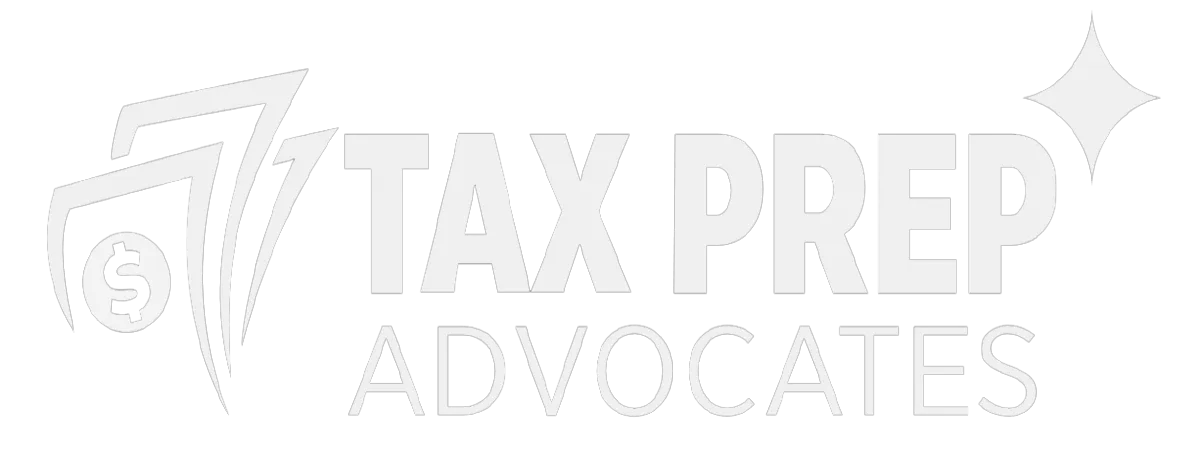Unveiling the FFCRA: Self-Employment Tax Credits
In a world where opportunities for self-employed individuals often seem scarce, the Families First Coronavirus Response Act (FFCRA) emerges as a beacon of hope. Crafted by Congress to initially support employers and their employees during the pandemic, the FFCRA has quietly extended its embrace to include the self-employed.
Understanding FFCRA
The FFCRA, in essence, is a legislative response to the challenges posed by the COVID-19 pandemic. Initially geared towards traditional employment structures, its expansion to encompass self-employed individuals marks a pivotal moment in legislative history. But before we delve into the benefits, let's understand the act itself.
The Self-Employed Dilemma
Surprisingly, a substantial number of self-employed professionals remain oblivious to the existence of FFCRA tax credits. Research indicates that over 80% of freelancers, gig workers, and independent business owners are unaware of their entitlement to these credits. This lack of awareness raises a crucial question: why is the FFCRA a well-kept secret among the self-employed?
FFCRA Tax Credits Explained
Sections 7002(a) and 7004(a) of Public Law No. 116-127 hold the key to unlocking the potential benefits of the FFCRA for self-employed individuals. These sections outline the eligibility criteria and the avenues through which the self-employed can reap the rewards. It's not too good to be true; it's an opportunity waiting to be seized.
Building Back Better
For self-employed individuals seeking a route to recovery post-COVID, the FFCRA serves as a powerful catalyst. It's not merely about bouncing back; it's about building back better. The act empowers self-employed professionals to not only weather the storm but to emerge stronger and more resilient.
Overcoming the Skepticism
The skepticism surrounding FFCRA's benefits is understandable. When something seems too good to be true, doubt creeps in. However, let's dispel the myths and address the skepticism. The FFCRA is a tangible, legislative lifeline designed to support those who dare to venture into the world of self-employment.
Navigating the Application Process
To make the most of FFCRA benefits, self-employed individuals need a clear roadmap. This section provides a step-by-step guide, highlighting common pitfalls and offering insights on how to navigate the application process seamlessly.
FFCRA and COVID Recovery
Tailoring FFCRA benefits to the unique challenges posed by the post-COVID landscape is essential. This section explores how the act aligns with the recovery needs of self-employed professionals, ensuring not just survival but long-term stability.
Advocacy and Awareness
Spreading awareness about FFCRA among the self-employed is a collective responsibility. This section delves into the role of advocacy programs and community support in ensuring that every eligible individual is informed and empowered.
Why 80% Are Unaware
Analyzing the research findings that reveal the startling statistic of 80% unawareness is crucial. By understanding the root causes, we can bridge the knowledge gap and ensure that more self-employed individuals access the support they are entitled to.
The FFCRA is not a myth but a lifeline for the self-employed. It's an opportunity to not only survive but thrive in the dynamic world of freelancing and independent business ownership. By unlocking the potential of FFCRA tax credits, self-employed individuals can seize the reins of their financial future and build back better.
The Top 2 — Frequently Asked Questions
What is the FFCRA?
The Families First Coronavirus Response Act (FFCRA) is a legislative initiative designed to provide support and tax credits to individuals affected by the challenges posed by the COVID-19 pandemic.
Who is eligible for FFCRA tax credits?
Self-employed individuals, including sole proprietors, freelancers, gig workers, and independent

